From 1920 to 1928, one North Omaha organization acted as a business referral, employment agency, and community building dedicated to Omaha’s African Americans. It is credited with providing the first social worker to Omaha’s African American community, and matched thousands of people to work. With offices at 2420 Lake Street, here’s a short history of Omaha’s Colored Commercial Club.
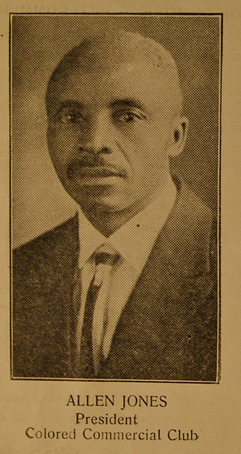
With the lynching of Will Brown and the near-ransacking of the Near North Side in 1919, Omaha became deeply segregated. By 1920, it was evident to African American businessmen that they needed to promote their own business interests throughout the North Omaha community, across Omaha and around the Midwest.
The Omaha Colored Commercial Club was established in 1920. Designed to help African Americans find professional employment, the Club also kept local money within the local community. The club made it clear to African Americans which businesses were Black-owned and which hired Blacks, so that African Americans could support businesses that supported them. It provided other services, too, including lending books. The Omaha Public Library counted its distribution in their annual report in 1922.
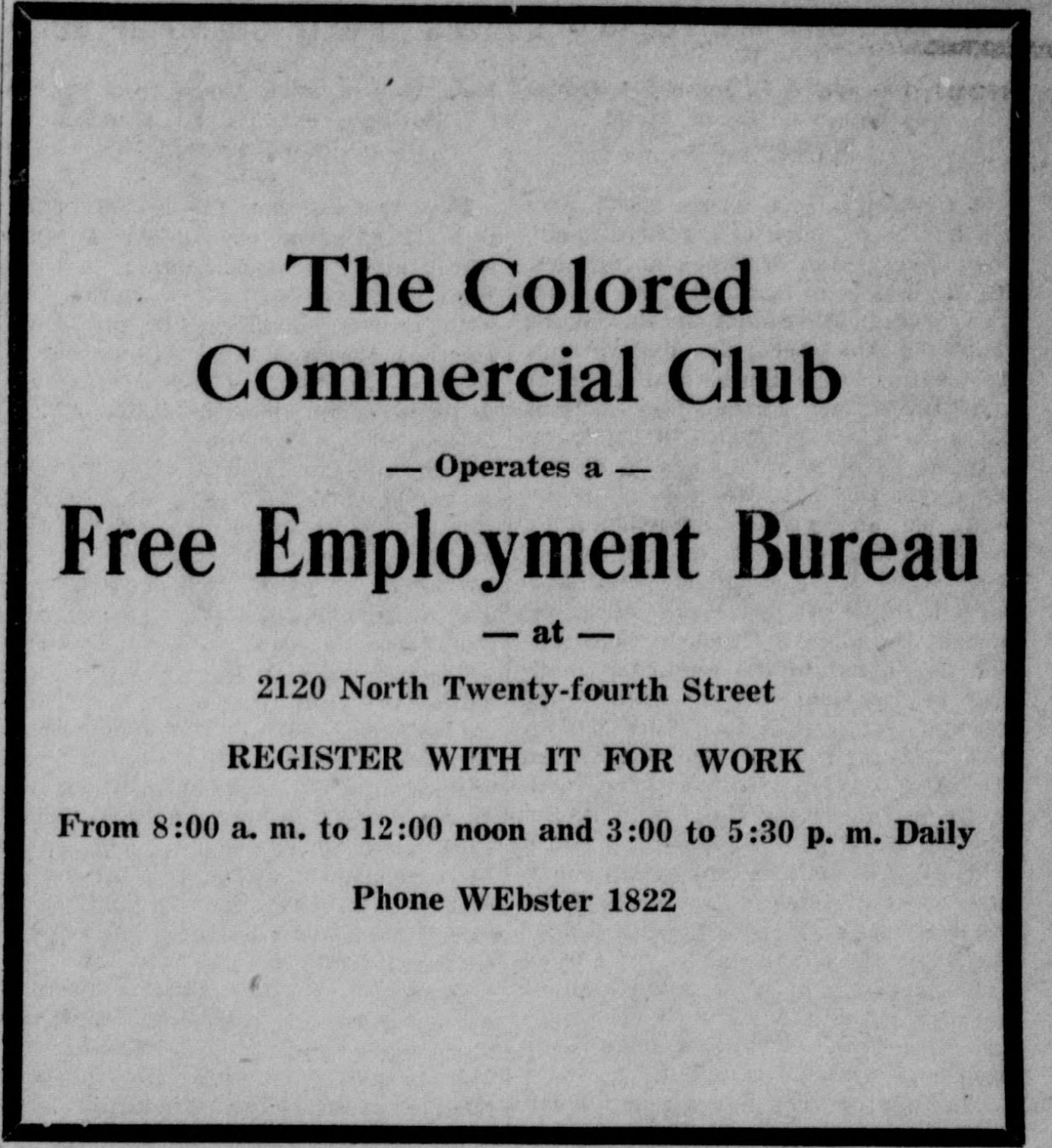
Harrison Pinkett, an African American lawyer in North Omaha who moved to the city from Washington, D.C., was the founder of the Club. After that, the leadership of the organization was a who’s who in North Omaha’s African American leadership. Prince Hall Masons were especially involved. In 1922, three of the four Club officers were members of the fraternity, including Nathaniel Hunter, president; Rough AshIer; Dr. Craig Morris, secretary, Rough Ashier; and Dan Desdunes, treasurer, Excelsior.
The club was supported by the community, and was seen as an extension of the fight for Civil Rights that had been ongoing in Omaha since the 1870s. Rev. Dr. John Albert Williams promoted the club in his newspaper, The Monitor, and encouraged white journalists in the city to support it too by covering the club and its activities favorably.
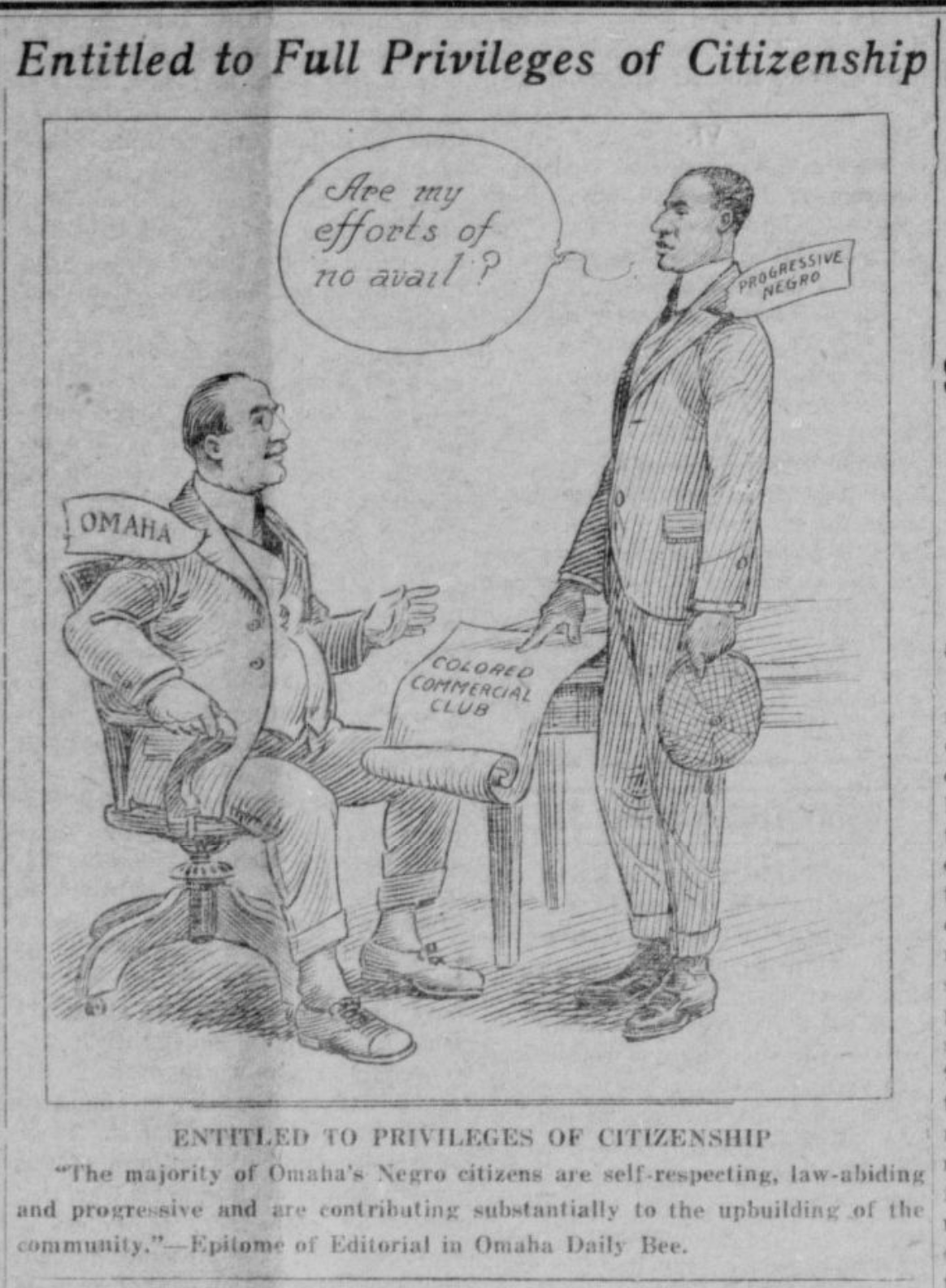
According to their brochure from 1923,
“The purpose of the Colored Commercial Club is to cooperate in Commercial and Civic enterprises among the Colored People of Omaha; to foster a better relation between the Colored and White Business Houses.”
W. E. B. DuBois’s magazine, The Crisis: A Record of the Darker Races, recognized the Club in 1920. They said it was committed to “promoting the commercial, industrial, and public interests and welfare of the city.” In 1921, the Club reported they’d placed 2,200 African American men and women in jobs throughout the community since being founded. The Club’s secretary, Grace Hutton, was credited with doing the majority of the work. When she passed away in 1943, Hutton was credited with being Omaha’s first social worker to serve African Americans, through the Club.
The Omaha chapter of the Urban League was started in 1928, and was attributed to being an outgrowth of the Omaha Colored Commercial Club.
The club’s activities were subsumed by the Urban League and it stopped existing. Its office was located in the Elks Club on Lake Street, which is still standing today.
MY ARTICLES ABOUT CIVIL RIGHTS IN OMAHA
General: History of Racism | Timeline of Racism
Events: Juneteenth | Malcolm X Day | Congress of White and Colored Americans | George Smith Lynching | Will Brown Lynching | North Omaha Riots | Vivian Strong Murder | Jack Johnson Riot
Issues: African American Firsts in Omaha | Police Brutality | North Omaha African American Legislators | North Omaha Community Leaders | Segregated Schools | Segregated Hospitals | Segregated Hotels | Segregated Sports | Segregated Businesses | Segregated Churches | Redlining | African American Police | African American Firefighters | Lead Poisoning
People: Rev. Dr. John Albert Williams | Edwin Overall | Harrison J. Pinkett | Vic Walker | Joseph Carr | Rev. Russel Taylor | Dr. Craig Morris | Mildred Brown | Dr. John Singleton | Ernie Chambers | Malcolm X
Organizations: Omaha Colored Commercial Club | Omaha NAACP | Omaha Urban League | 4CL (Citizens Coordinating Committee for Civil Rights) | DePorres Club | Omaha Black Panthers | City Interracial Committee | Providence Hospital | American Legion | Elks Club | Prince Hall Masons | BANTU
Related: Black History | African American Firsts | A Time for Burning | Omaha KKK | Committee of 5,000
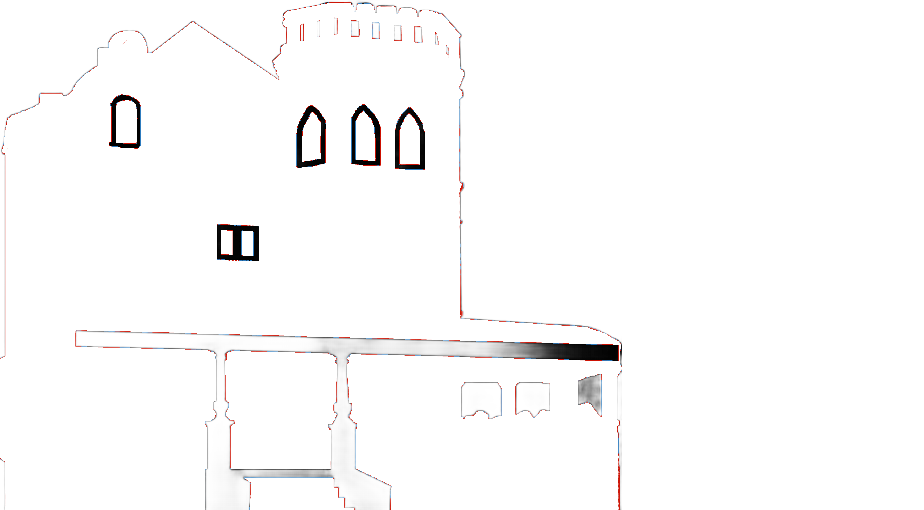
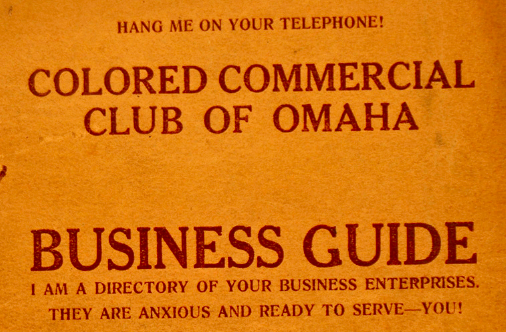
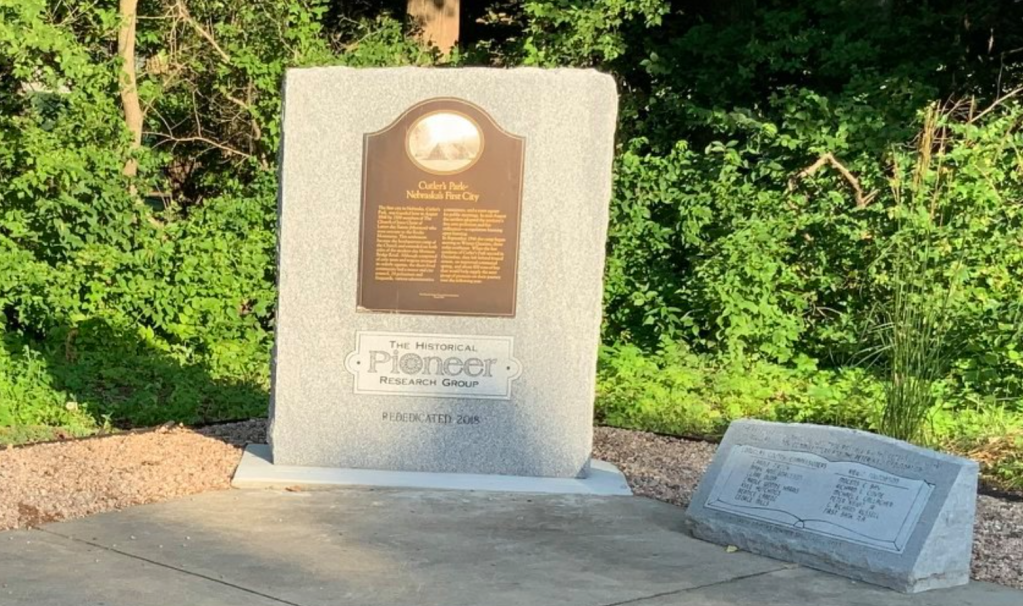
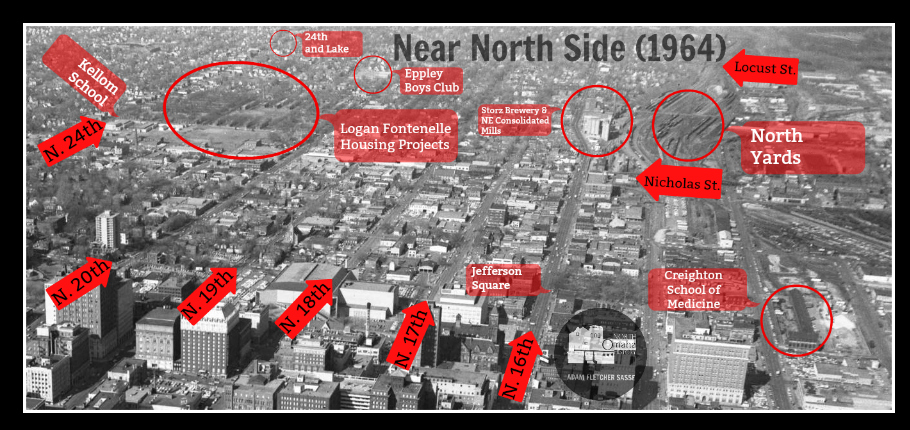

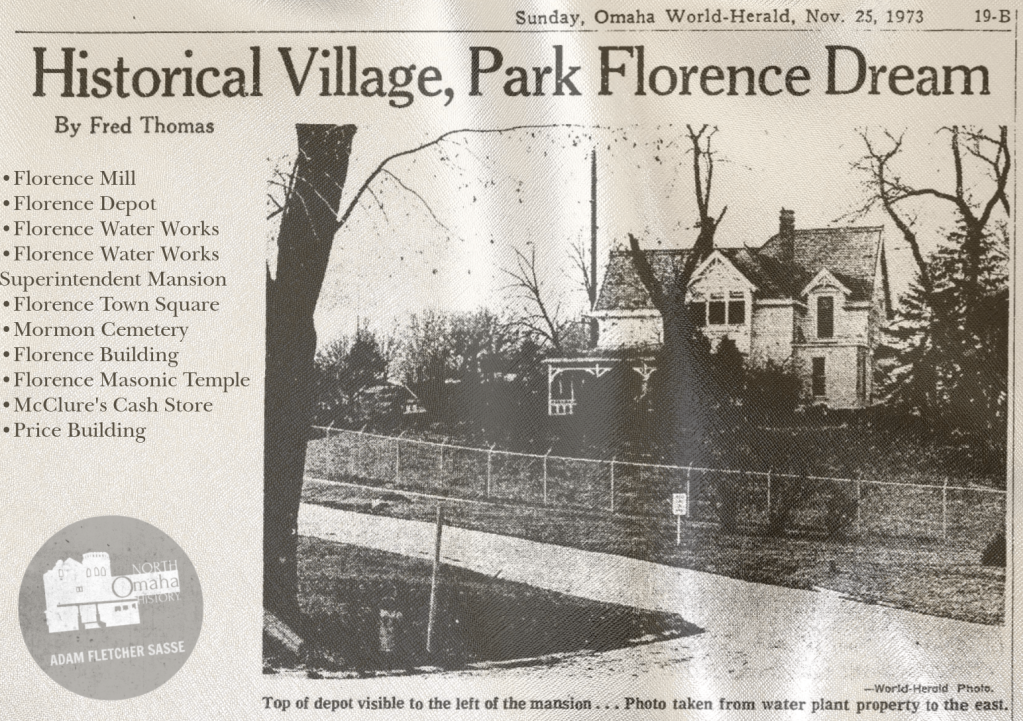
Leave a comment